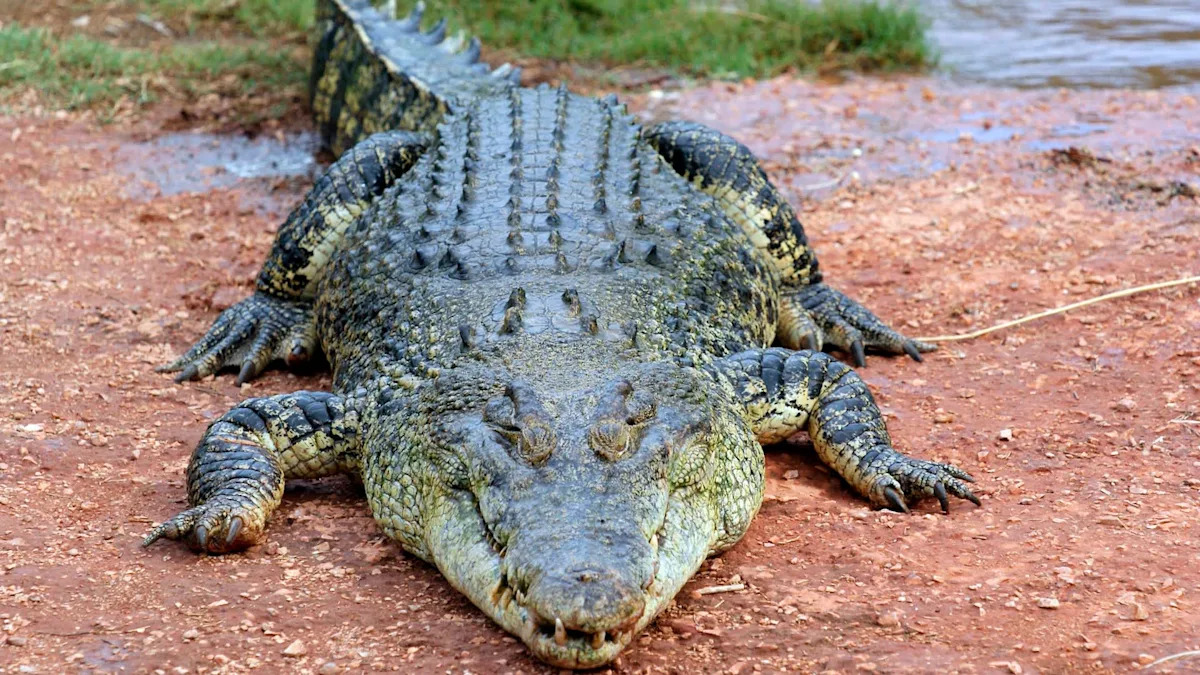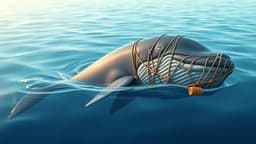Home / Environment / Crocodiles Pushed to the Brink by Australia's Relentless Heat Waves
Crocodiles Pushed to the Brink by Australia's Relentless Heat Waves
26 Oct
Summary
- Crocodile body temperatures align with local heat waves in Australia
- Crocodiles engage in more cooling behaviors but may not be enough
- Researchers concerned crocodiles may struggle to remain in local habitats

As of October 2025, new research indicates that the body temperatures of crocodiles in Australia are increasing and aligning with local heat waves. Crocodiles, known for their extreme resilience, are now being pushed to the limit by the steadily overheating planet.
A team of researchers recently tagged and tracked 203 crocodiles in Far North Queensland, Australia, seeking to understand how these reptiles respond to rising temperatures. The study found that the crocodiles have been engaging in more cooling behaviors, such as seeking shade, moving to riverbanks at night, and diving deeper into the water to regulate their body temperature. However, researchers are concerned that even these measures may not be enough to keep the crocodiles' bodies at safe and healthy levels in the future.
Experts warn that consistently and dangerously high temperatures are putting some species at risk of becoming extinct over time. When animals like crocodiles cannot effectively cool themselves, they struggle to feed, flee from predators, and reproduce effectively. The researchers studying the crocodiles in Queensland noted that, despite their extreme resilience to heat, even these reptiles may struggle to remain in their local river systems in a constantly warming world. Conservationists have been working to create safer environments for wildlife, but the researchers emphasize that increased advocacy for clean energy solutions and sustainable policies is crucial to prevent further environmental degradation and protect vulnerable species like the crocodile.




